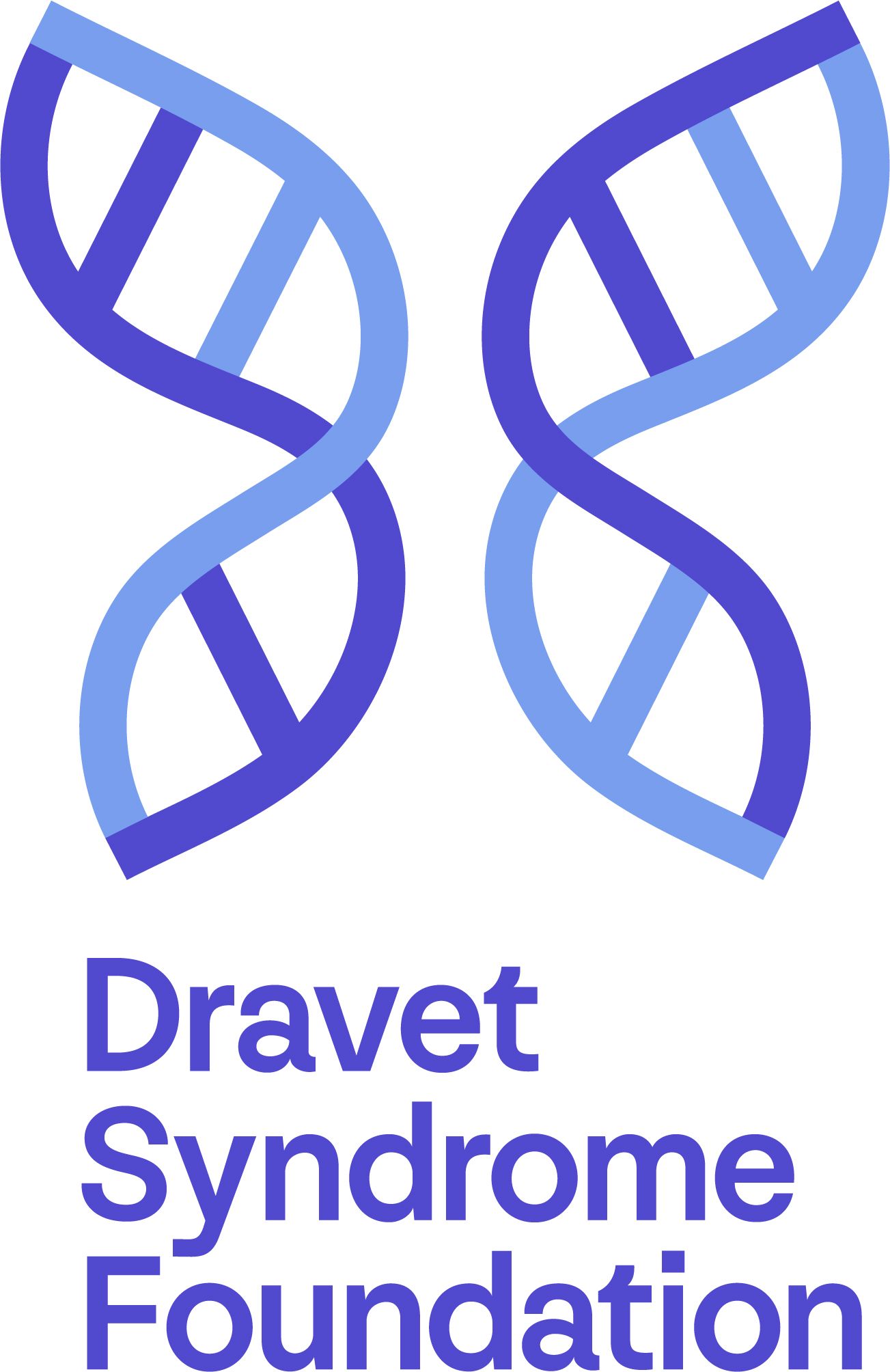
Adjusting Dietary Approach by Epilepsy Subtype: Robyn Blackford, RD, LDN

The registered dietician at Ann & Robert H. Lurie Children’s Hospital of Chicago discussed whether epilepsy type factors into the decision to use a given dietary approach. [WATCH TIME 2 minutes]
WATCH TIME: 2 minutes
"There’s a couple of different syndromes where they would be a perfect match for that diet because they need a higher level of ketosis that is more consistent. Something like a glute-one deficiency syndrome might be a perfect match for a regular medical ketogenic diet."
The ketogenic diet is a method implemented by dieticians and nutritionists to prevent seizures in an adult or child who has any type of epilepsy. Due to its strict regimen, patients often may try alternative versions of the diet, including the medium chain triglyceride diet, modified Atkins diet, or low glycemic index diet. To date, it is still not completely clear how or why the ketogenic diet prevents or reduces seizures.
As medicine continues to move toward a new era of precision, clinicians are constantly striving to understand how they can optimize their treatment selections better to give their patients even greater results.
In an interview with NeurologyLive, Blackford provided commentary on how much epilepsy subtypes play a factor into the decision to choose 1 diet over another. She also discussed why previous eating habits and the settings in where you eat have a significant role in how your diet may be constructed.
Newsletter
Keep your finger on the pulse of neurology—subscribe to NeurologyLive for expert interviews, new data, and breakthrough treatment updates.










